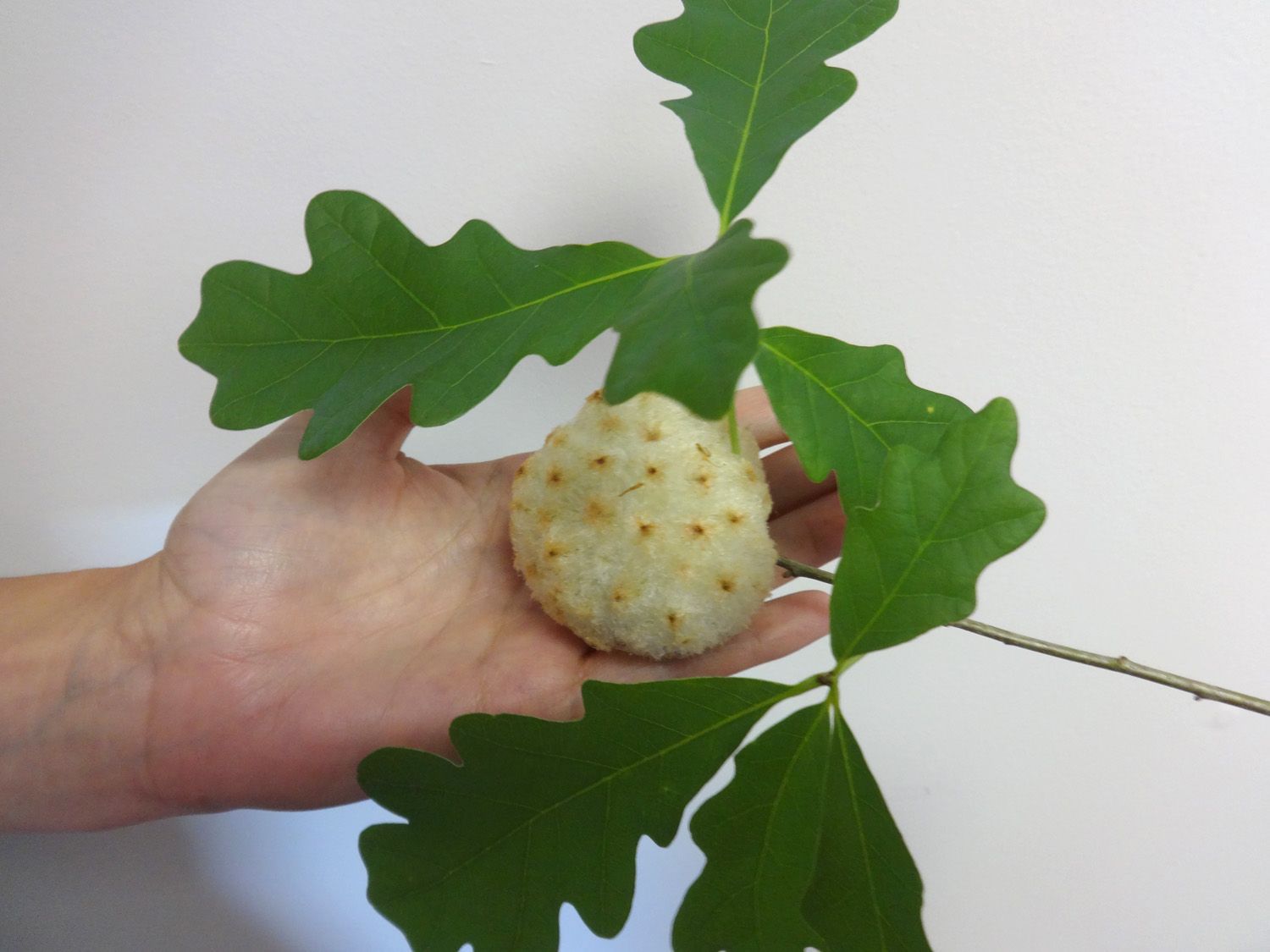Warm weather problems starting
Published 12:00 am Friday, May 30, 2014
SALISBURY — June is just around the corner and usually accompanied by hot weather and high humidity. Many gardeners are trying to cope with the excessive elements which often exacerbate insects and disease problems. Below are questions posed earlier this week by homeowners who may be of interest to those trying to cope with the oncoming heat and pests.
Question: I noticed there are a lot of unusual white cottony growths on my oak trees. These cotton balls seem to be all over both mine and my neighbor’s trees. What are these and are they harmful?
Answer: The growth is actually a wool sower gall. The unusual growth is caused by secretions of grubs of a small gall wasp. The wool sower gall only feeds on white oak species and only occurs during the spring.
If you open the galls, you will observe seed-like structures within. These are tiny wasps developing inside these structures. Fortunately, wool sower galls are usually not abundant to the point where the health of infested trees is threatened.
Go to the website: http://www.ces.ncsu.edu/depts/ent/notes/O&T/trees/note05/note05.html for more detailed information about this and other insect galls on shade trees.
Question: How do I get rid of poison oak in my yard?
Answer: Poison oak or ivy can be controlled with directed sprays of glyphosate (Roundup) 2 percent solution. It is easiest to kill just before or just after bloom. Broad leaf weed or brush killers will also control the weed and will not kill grass if it’s near a lawn. Always read and understand the label before applying any pesticide.
Question: My Bradford pears have orange rust-like spots on them and they are beginning to look really bad. Is there anything I can do to control this problem?
Answer: Quince rust may be the problem. This is a fungus that produces orange pustules on fruit and the twigs adjacent to the infected fruit.
Newly formed leaves in the area of the fruit become discolored and die, producing a scattering of dead leaves throughout the tree.
Quince rust can be a problem during periods of extremely moist and warm weather as we are beginning to experience. Applications of fungicides may help control the disease the following year, but sprays are usually not warranted since the disease is often not fatal.
Go to http://www.salisburypost.com/article/20090626/SP0703/306269982/ for more detailed information from a previous article in the Salisbury Post.
Darrell Blackwelder is the county Extension director with horticulture responsibilities with the North Carolina Cooperative Extension Service in Rowan County.
Learn more about Cooperative Extension events and activities by calling 704-216-8970, Facebook or online at www.rowanextension.com



